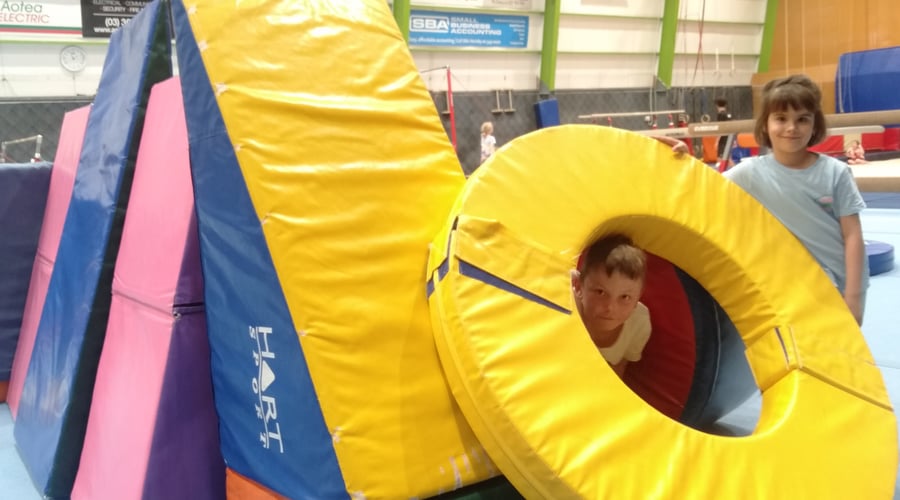Unlocking Gymnastics Potential Through Relaxation and Play
In the world of gymnastics, training hard is essential. But equally important, and often overlooked, is the power of relaxation and play in a child's overall development—both mentally and physically. While structured practice and drills help build strength, flexibility, and technique, it's the balance of rest and unstructured time at home that truly helps young athletes thrive.
Why Relaxation Matters in Gymnastics
Gymnastics is a physically demanding sport that requires immense focus, coordination, and strength. Training can be intense, and it’s easy for both kids and parents to get caught up in the idea that more practice equals faster progress. However, just like muscles need rest to grow, the brain also needs downtime to process and consolidate the skills learned during training.
Rest and relaxation give the body a chance to recover and repair. This is when muscles rebuild stronger, joints heal, and energy levels are restored. Without proper rest, young gymnasts may experience burnout, fatigue, or even injury, which can set back their progress.
In addition to the physical benefits, relaxation helps children manage the mental demands of gymnastics. Mental fatigue, anxiety, or frustration from trying to master a new skill can take a toll on performance. Allowing time to relax and step away from training can help clear the mind, reduce stress, and return to practice with renewed focus and enthusiasm.
Finding the Balance: Rest, Play, and Gymnastics
The key to unlocking a gymnast's full potential lies in balance. While hard work and consistency are necessary, taking breaks, engaging in play, and giving the body time to recover are equally important for long-term success.
Encouraging your child to take time off from training for relaxation and play can actually improve their performance in the gym. A well-rested, mentally refreshed athlete will always outshine one who’s overworked or mentally fatigued.
As a parent or coach, it's essential to create an environment where relaxation and play are seen as integral parts of the gymnastics journey, not distractions. Help your young athlete understand that rest is an active part of their training process, and playful activities are key to developing the creativity, confidence, and joy that will fuel their progress in gymnastics.
Gymnastics is not just about perfecting skills and pushing physical limits; it’s about nurturing a love for the sport, building confidence, and enjoying the journey. By allowing children to relax and engage in play, you’re helping them develop both the physical and mental resilience needed to succeed.
So, the next time your gymnast feels frustrated, remember that a little rest, relaxation, and play might just be the key to unlocking their full potential. It's all about finding that balance and letting them enjoy the process. After all, a happy, healthy gymnast is the best kind of gymnast!
- The Olympia Team


